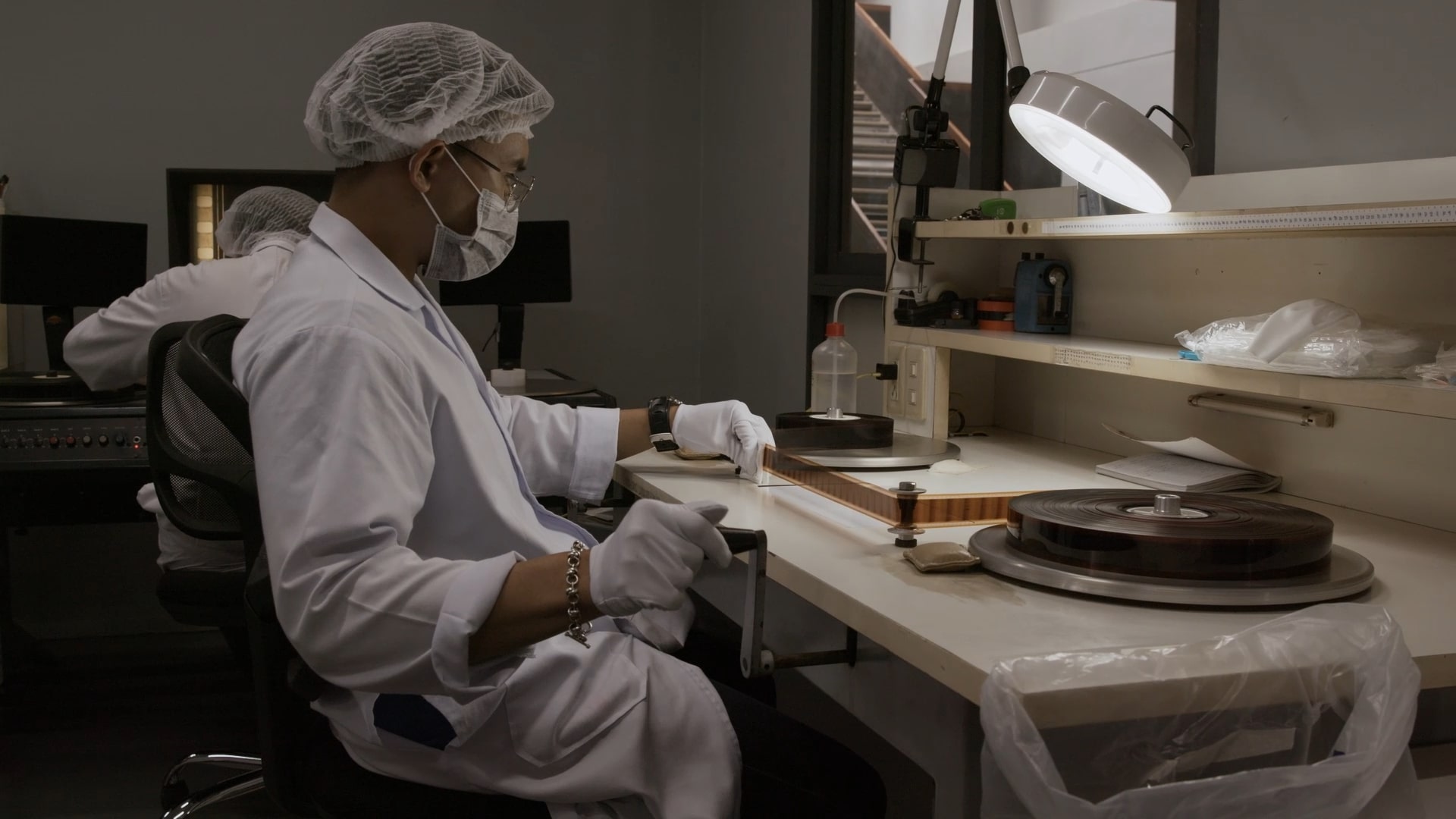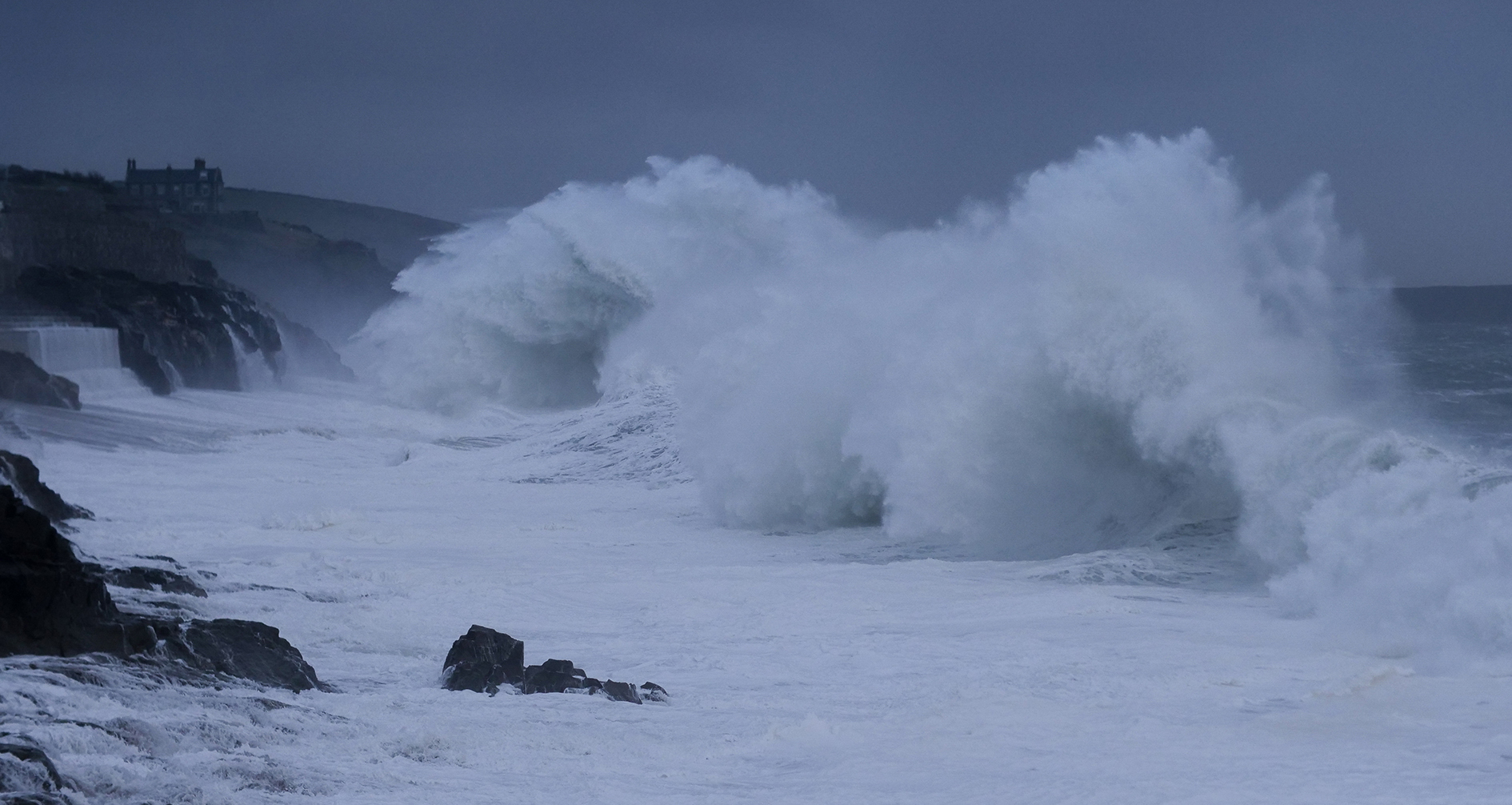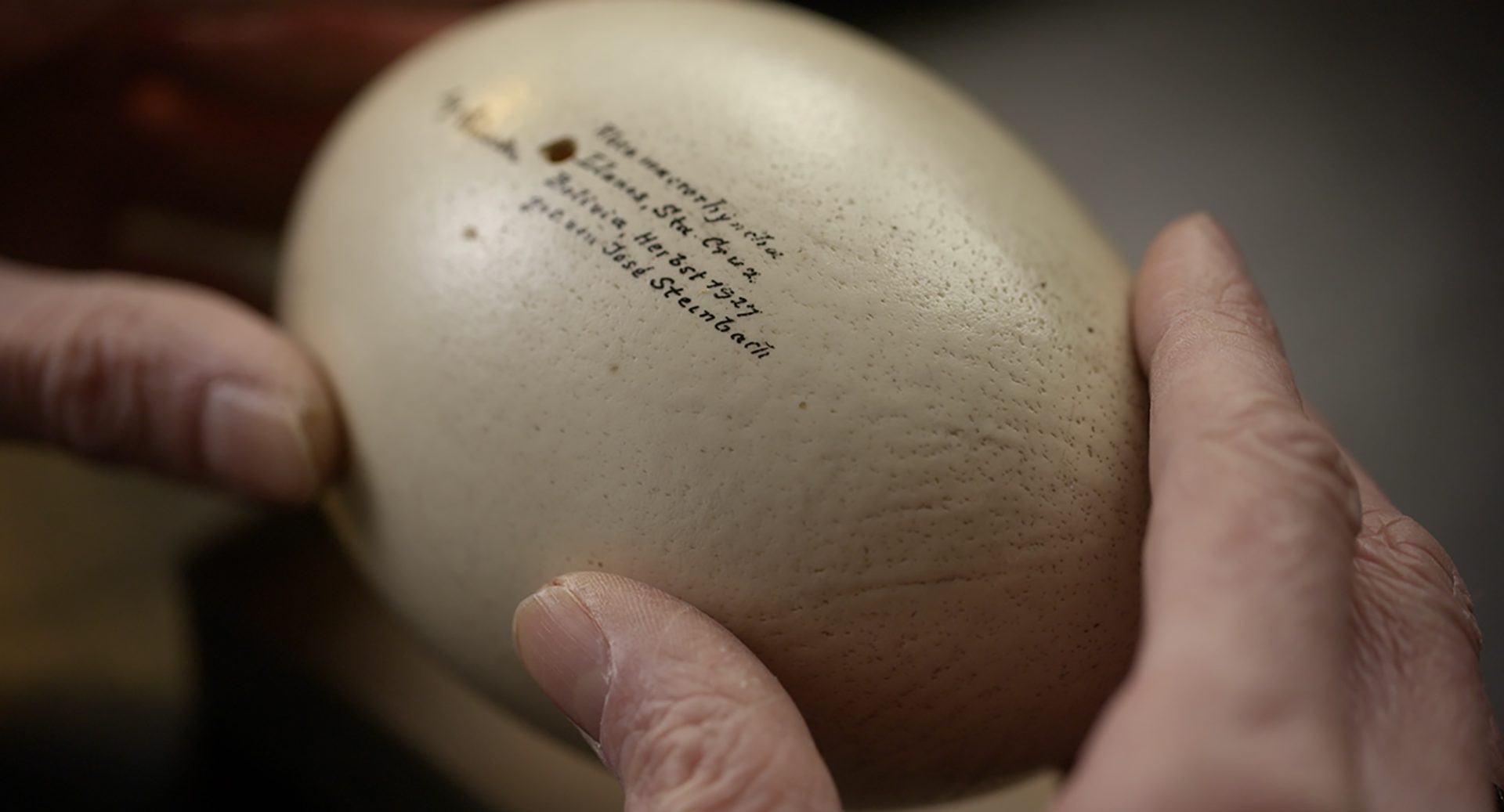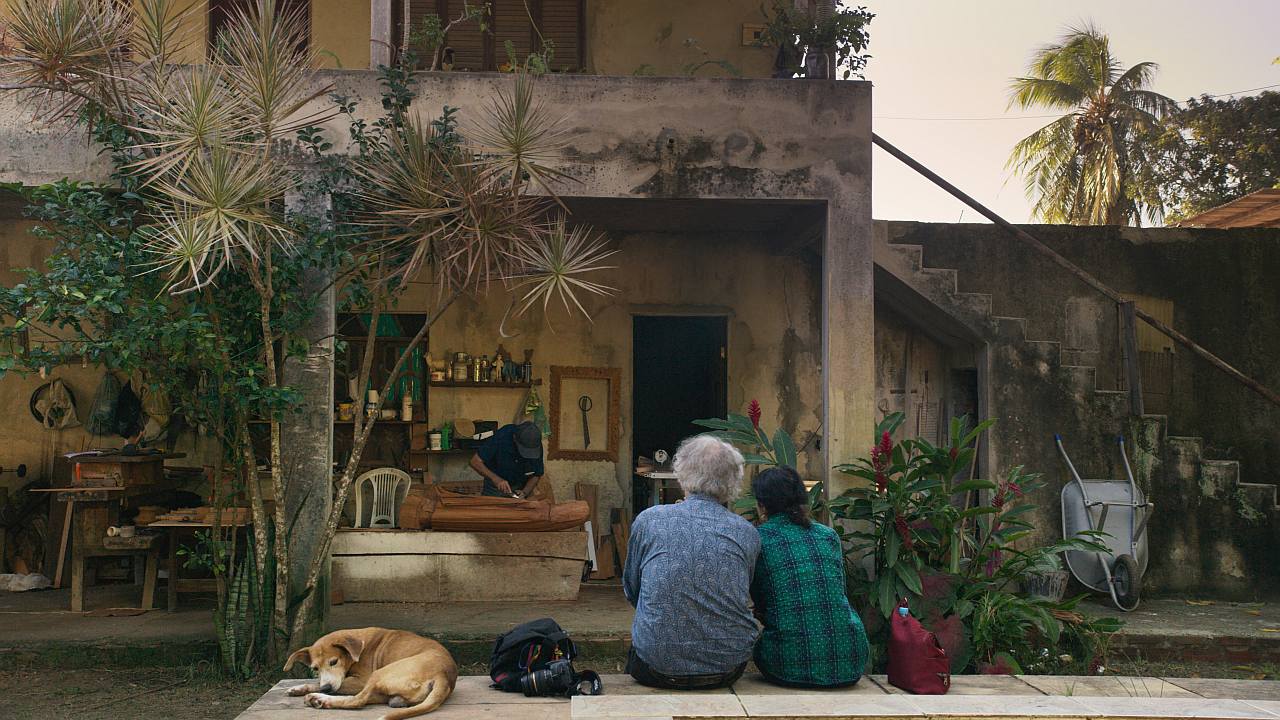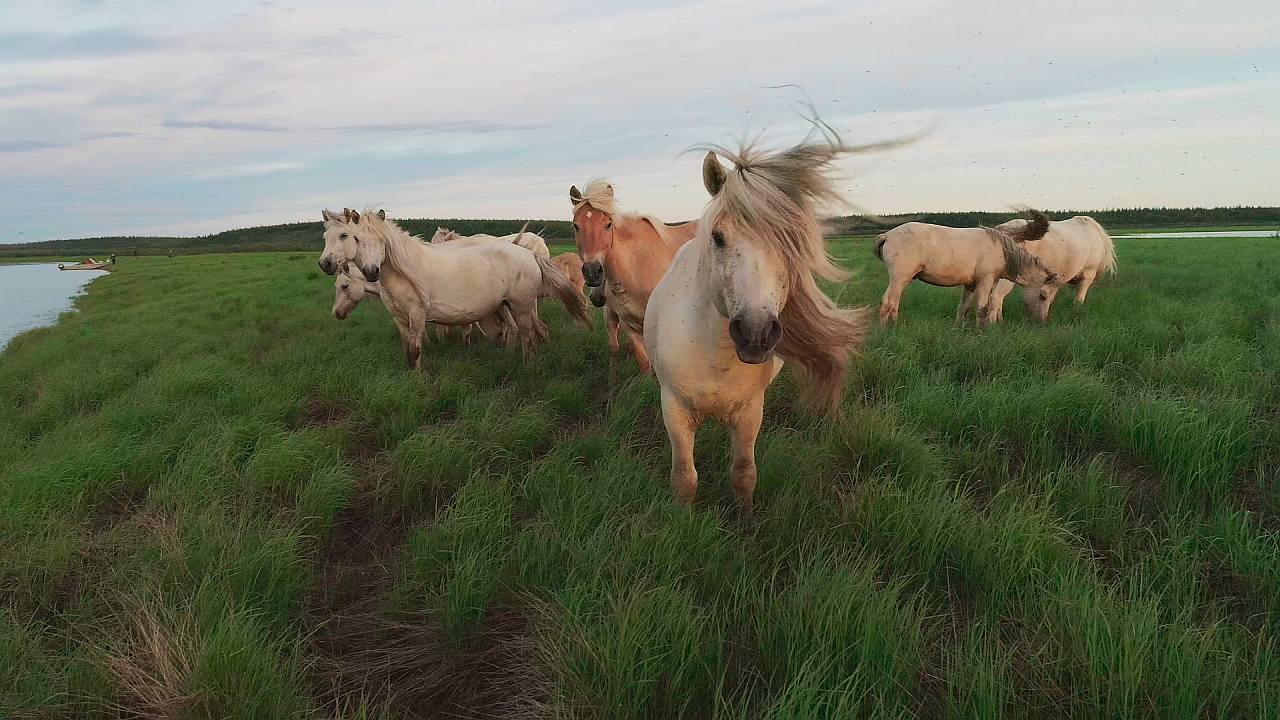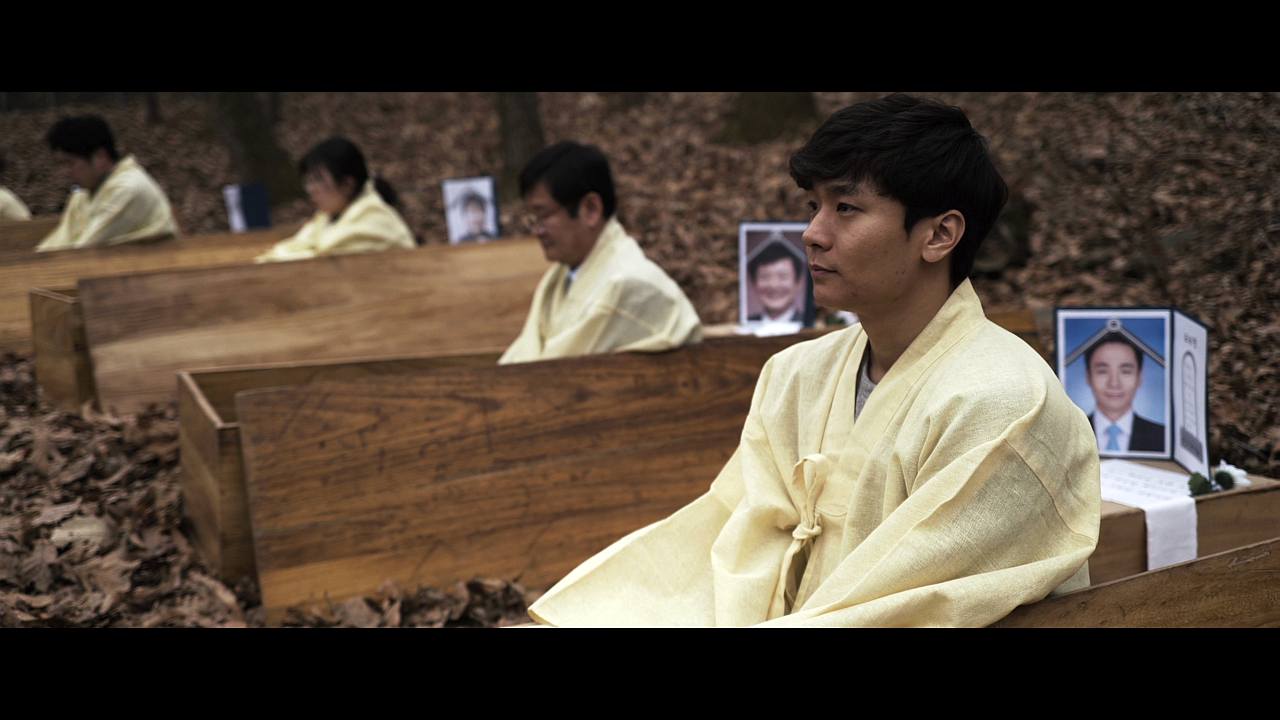Where the wild strawberries grow.
“If I have been feeling worried or sad during the day, I have a habit of recalling scenes from childhood to calm me”, says Dr Eberhard Isak Borg, the protagonist of Wild Strawberries, the 1957 Ingmar Bergman film. And it is to memory, to reminiscence, to the process of reaching back in time that this year’s Docs+Science series at the Krakow Film Festival will be devoted.
Science is often the study of memory. Sometimes it is recorded in non-material culture, sometimes in tangible matter – in rock, in ice, in the brain, in genes. When we observe the cosmos, we see its past and not its present state. And even when performing a physical experiment we only record past events. Thinking about the global future, we also take a kind of memory as our point of reference – the image of the planet from better times, before the Anthropocene. – says Karol Jałochowski – curator of the Docs+Science series, journalist, documentary filmmaker, editor-in-chief of the popular science website Pulsar.
Structured recollection, a collective return to the place ‘where the wild strawberries grow’, is an integral part of cognition. It does not always bring peace, as it was with Dr Borg, but it isn’t always a form of escapism and always brings knowledge. Memories are a priceless resource. This, among other things, is what the films we have selected for you this year are about. – Jałochowski adds.
Sometimes learning is a kind of organised madness. Whole areas of knowledge owe their existence to obsessed scholars – such as the German Max Schönwetter. His collection of nearly 20,000 bird egg specimens is invaluable to ovology. Their lime shells hold the knowledge – the memory – of 4,000 different bird species. Pim Zwier’s mature documentary O, Collecting Eggs Despite the Times, which plays subtly with irony and seriousness, is about more than that. It also raises the question of whether passion, even scientific passion, absolves one from moral responsibility.
Pleistocene Park (dir. Luke Griswold Tergis) isn’t the only documentary about the boundary between brilliance and madness – but it’s certainly one of the most entertaining. The director follows a daring attempt to restart the ancient ecosystem of remote Siberia, returning it to the state recorded in Pleistocene fossils. It is undertaken by geophysicist Sergei Zimov, aided by his pathologically optimistic son Nikita. Together they are attempting to reverse climate trends by means of small-scale geoengineering. We cannot afford not to do experiments, they explain, infecting the audience with enthusiasm.
Henry Glassie: Field Work (dir. Pat Collins) is a mesmerizing documentary devoted to the title character. Pat Collins adopts the perspective of this outstanding anthropologist, and the viewer becomes one with the researcher, becoming his eyes and ears – not interfering, but observing, trying to understand without valuing, protecting from oblivion that what is the most ephemeral of all human creations: non-material culture. Together with his endearing protagonist, the Irish director attempts to find out the nature of beauty.
A visually sophisticated and moving documentary – or rather a poem – From the Wild Sea (dir. Robin Petré) honours the silent witnesses of our planet’s past, the migrants from an ancient ocean entangled in the webs of civilisation. It doesn’t impose its message and, despite the climate crisis theme, doesn’t throw the audience into an ocean of despair. Even single acts of helping non-human beings, marine mammals and birds, take on the form of a moral – and scientific – imperative in the Danish director’s film. The film is suitable for adult viewers only.
In her unpretentious but subtly imaginative, meticulous but shying away from obvious examples documentary The Scent of Fear, Mirjam von Arx takes the audience on a journey to the heart of fear – to the root cause of all fears. She combines subjective and objective order to seek answers to questions about what governs human behaviour: us or our fears. With the help of world-class experts, she reveals the inextricable links between fear and pleasure, and uncovers the commonality of fear. She reaches its root cause: the records of collective memory.
Orson Welles said: “Film has a personality, and that personality is self-destructive. The job of the archivist is to anticipate what the film may do – and prevent it”. Welles, perhaps the world’s greatest director, did not mention how precious of a medium it was – it doesn’t only record emotions, cheap entertainment, but also the knowledge of a past time. The documentary Film, the Living Record of Our Memory by the Spanish director Inés Toharia Terán tells the story of various attempts to save even a fraction of the immense amount of history recorded on celluloid, of resisting decay and entropy, of opposing collective amnesia.
Films in the Docs+Science series:
- O, Collecting Eggs Despite the Times, dir. Pim Zwier, The Netherlands, 80′, 2021
- Pleistocene Park, dir. Luke Griswold-Tergis, USA, 107′, 2022
- Henry Glassie: Field Work, dir. Pat Collins, Ireland, 2019
- From the Wild Sea, dir. Robin Petré, Denmark, 78′, 2021
- The Scent of Fear, dir. Mirjam von Arx, Switzerland, 93′, 2021
- Film, the Living Record of Our Memory, dir. Inés Toharia Terán, Canada, Spain, 2021
The series will be accompanied by a unique debate as part of a new festival series KFF TALKS: Wild strawberries, or what physics, neuroscience, and the art of reporting say about the phenomenon of memory. Our research subject will be examined from three different angles. Physicist Professor Krzysztof Meissner is going to explain what science can say about past events that no one has witnessed. Are they lost with no trace left? Neuroscientist Mateusz Hohol will explain what the brain’s memory processes are all about. Where does that which we forget hide? Writer Anna Bikont will talk about how to work with the most delicate of delicate resources – memories. Can all of them be trusted? We’re going to talk about memory as recorded in non-material culture and in tangible matter – in the stars, in the brain, in genes. We will argue that structured recollection, a collective return to “where the wild strawberries grow”, is an integral part of the cognitive process. It does not always bring peace, as it was with Dr Borg, but it isn’t always a form of escapism and always brings knowledge
Projekt Pulsar is the partner of the Docs+Science series and a co-organiser of the debate.
The 62nd Krakow Film Festival will take place in cinemas from 29 May to 5 June 2022 and a limited program will also be available online on 3–12 June.
